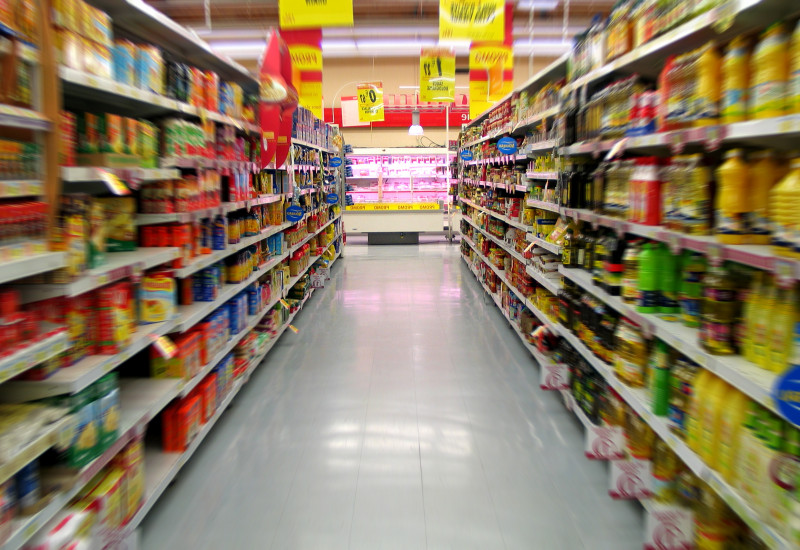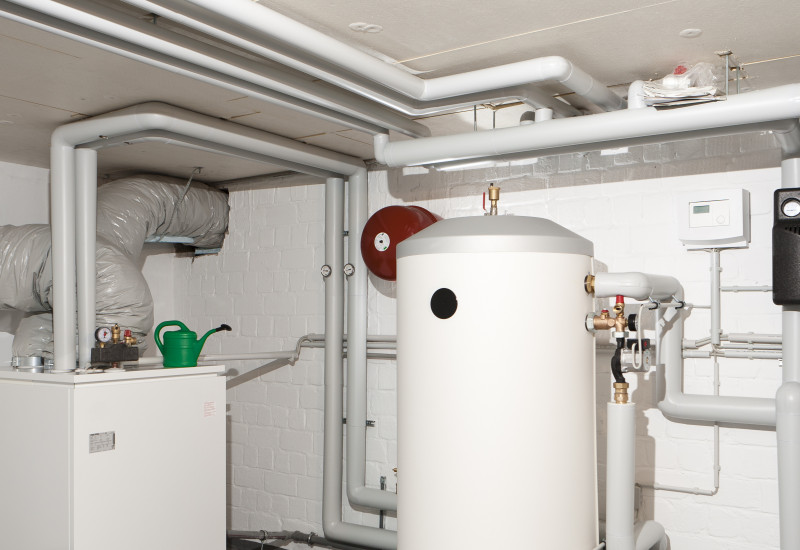As a signatory to the United Nations Framework Convention on Climate Change (UNFCCC), Germany is required to elaborate annual emission inventories, including for fluorinated greenhouse gases. read more
F-gases
Climate | Energy
Switchgear
Sulphur hexafluoride (SF₆), which has a very high global warming potential, is used for insulation and arc quenching in switchgear. SF₆ emissions have been successfully reduced thanks to a voluntary industry commitment. Alternative products to substitute SF₆ in various applications have been developed. read more
Climate | Energy
Commercial Refrigeration
Commercial refrigeration systems are used to keep goods fresh and deep-frozen, especially foodstuffs, but also flowers and pharmaceutical products. They are installed, for example, in specialist food retailers and in catering applications. Nowadays, climate-friendly solutions with natural refrigerants are available for all system technologies. read more
Climate | Energy
Climate friendly mobile air conditioning for buses
Buses are eco-friendly means of transport, nevertheless their climate performance can be increased still further. Today’s mobile air conditioning systems in buses still use the refrigerant tetrafluoroethane (R134a), a greenhouse gas with a 1,430 times higher impact to the climate than carbon dioxide. There is a climate friendly alternative: Some city buses already use CO2 air conditioning systems. read more
Climate | Energy
Eco-friendly transport refrigeration
Transport of refrigerated and chilled products like food is on the rise worldwide. Whether goods are transported on the road, by train or ship, the cooling temperatures must be maintained exactly. Many transport refrigeration units contain fluorinated refrigerants acting as greenhouse gases in the atmosphere. These substances need to be replaced by refrigerants having less impact on the climate. read more
Climate | Energy
Supermarket refrigeration
According to the VDMA, around 36,500 centralized refrigeration systems and over 540,000 plug-in refrigeration units were installed in German supermarkets, discounter, hypermarkets and other food retail stores in 2017. Fluorinated refrigerants are still the most common in existing systems. read more
Climate | Energy
Statutes and regulations
Fluorinated greenhouse gases and CFC are governed by international environmental treaties (Kyoto Protocol, Montreal Protocol) whose internationally, legally binding guidelines are implemented by European regulations and directives. Further legislation was enacted to achieve EU environmental protection goals. The body of European guidelines is complemented by national laws and regulations. read more
Climate | Energy
Heat pumps
Heat pumps are coming into increasing use for heating of buildings and for hot water production in commercial as well as industrial applications. Heat pumps use natural heat in a very energy-efficient way. read more







